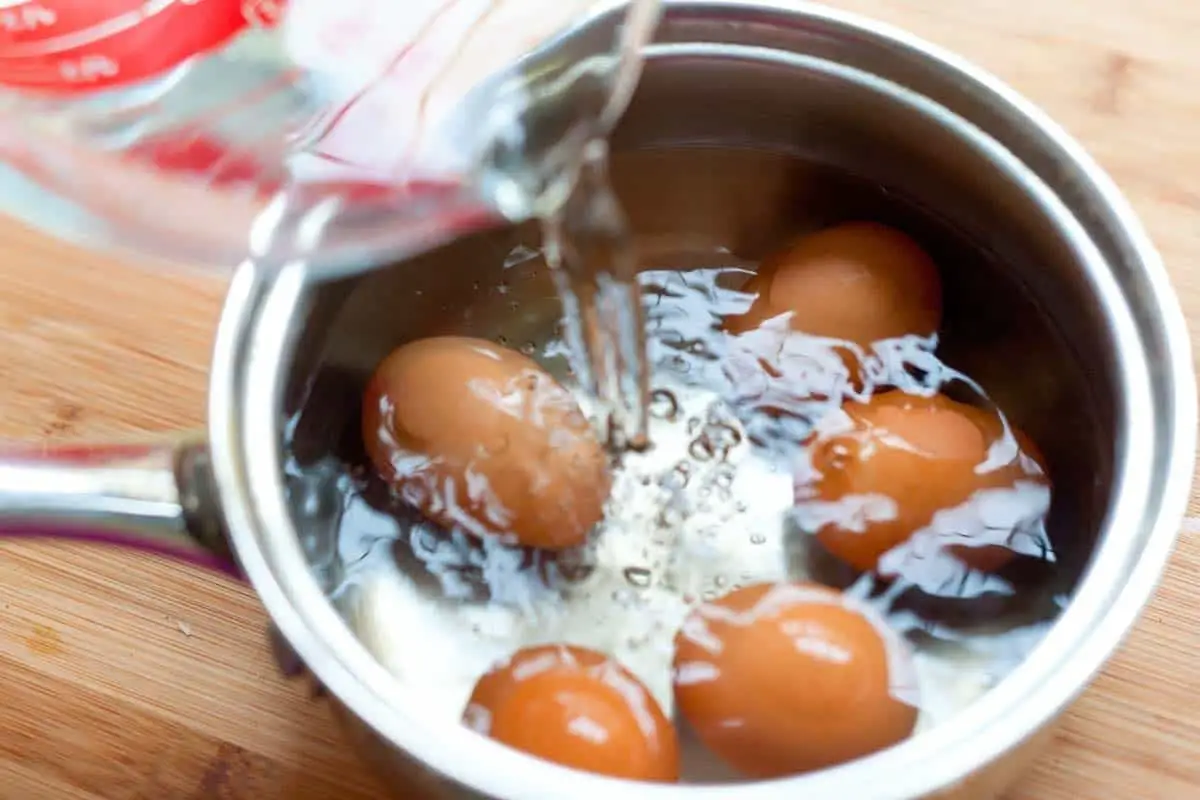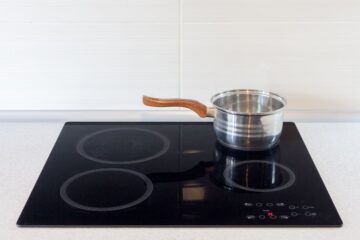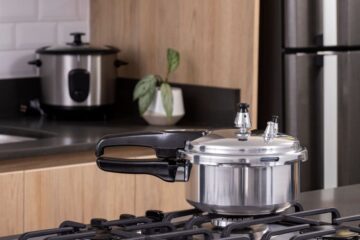When it comes to cooking corn on the stove, one of the most common questions is how long to boil it. Boiling is a simple and easy way to cook corn on the cob, but the timing can vary depending on the size and freshness of the corn.
Generally, it takes between 4 to 10 minutes to boil corn on the stove. The fresher the corn, the less time it will need to cook. It’s important to keep an eye on the corn while it boils to avoid overcooking, which can result in tough and chewy kernels. Additionally, adding salt, butter, and milk to the water can enhance the flavor of the corn.
The Basics of Boiling Corn
Boiling corn on the stove is a simple and easy way to cook this delicious vegetable. Here are the basic steps to follow:
Preparation
Before boiling the corn, it is important to prepare it properly. Here are the steps to follow:
- Remove the husks and silk from the corn.
- Rinse the corn under cold water to remove any remaining silk.
- Fill a large pot with enough water to cover the corn.
Boiling Time
The boiling time for corn on the cob will depend on the size and freshness of the corn. Here are some general guidelines:
- Fresh corn on the cob: 4-5 minutes
- Frozen corn on the cob: 6-8 minutes
- Corn on the cob without husks: 3-4 minutes
- Corn on the cob with husks: 10-12 minutes
It is important to not overcook the corn, as it can become tough and lose its sweetness.
Testing for Doneness
To test if the corn is done, use a fork to pierce a kernel. The kernel should be tender, but still have a slight crunch. If the kernel is mushy or too soft, the corn is overcooked.
Once the corn is done, remove it from the pot with tongs and place it on a serving platter. Serve with butter, salt, and pepper, or any other seasoning of your choice.
Boiling corn on the stove is a quick and easy way to enjoy this summer favorite. With these simple steps, you can have perfectly cooked corn every time.
Factors Affecting Boiling Time
When boiling corn on the stove, there are several factors that can affect the cooking time. In this section, we will discuss the three main factors that can impact the boiling time of corn: freshness of corn, altitude, and quantity of corn.
Freshness of Corn
The freshness of the corn can have a significant impact on the boiling time. Fresher corn will typically cook faster than older corn. If the corn is very fresh, it may only take a few minutes to cook. On the other hand, if the corn is older, it may take longer to cook, up to 10 minutes or more.
Altitude
Altitude can also affect the boiling time of corn. At higher altitudes, water boils at a lower temperature, which means it will take longer to cook the corn. If you are boiling corn at a high altitude, you may need to add a few extra minutes to the cooking time.
Quantity of Corn
The quantity of corn being boiled can also impact the boiling time. If you are boiling a large quantity of corn, it may take longer to cook than if you are only boiling a few ears. It is important to make sure that the pot you are using is large enough to accommodate the amount of corn you are boiling.
Tips for Perfectly Boiled Corn
When it comes to boiling corn on the stove, there are a few tips that can help you achieve perfectly cooked corn every time. Here are some things to keep in mind:
Adding Flavor
While it’s true that corn on the cob is delicious on its own, adding a few extra ingredients to the boiling water can take things up a notch. Here are some ideas:
- Salt: Adding salt to the water can enhance the natural sweetness of the corn.
- Sugar: Some people swear by adding sugar to the water to make the corn even sweeter.
- Herbs and Spices: Adding herbs and spices like thyme, rosemary, or paprika to the water can infuse the corn with extra flavor.
Avoiding Overcooking
One of the biggest mistakes people make when boiling corn is overcooking it. Here are some tips to avoid that:
- Don’t Boil Too Long: Corn on the cob only needs to be boiled for a few minutes. Overcooking can make it tough and chewy.
- Check for Doneness: To make sure the corn is cooked to your liking, remove a kernel from the cob and taste it. If it’s still too crunchy, boil for another minute or two.
- Don’t Crowd the Pot: If you’re boiling a lot of corn, make sure you have a large enough pot so that the cobs aren’t packed in too tightly. This can cause uneven cooking.
Serving Suggestions
Once your corn is perfectly boiled, it’s time to serve it up. Here are some ideas:
- Butter and Salt: A classic combination that never gets old.
- Mayo and Cheese: Spread a little mayo on the corn and sprinkle with grated Parmesan or Cotija cheese.
- Chili Powder and Lime: Sprinkle chili powder and a squeeze of lime juice over the corn for a spicy, tangy twist.
With these tips, you’ll be able to boil corn on the stove like a pro.
Conclusion
Boiling corn on the stove is a simple and easy way to prepare this delicious vegetable. The cooking time will vary depending on the type of corn and whether it is fresh or frozen. Generally, fresh corn will take less time to cook than frozen corn.
It is important to keep an eye on the corn while it is boiling to ensure that it does not overcook. Overcooked corn can become mushy and lose its flavor. On the other hand, undercooked corn can be tough and difficult to eat.
To achieve the perfect balance of tenderness and flavor, it is recommended to boil fresh corn for 4-5 minutes and frozen corn for 8-10 minutes. However, the cooking time may vary depending on the altitude, the size of the pot, and the amount of corn being boiled.
In addition to boiling, there are other methods to cook corn, such as grilling or roasting. Each method has its own advantages and disadvantages, and it ultimately comes down to personal preference.
Overall, boiling corn on the stove is a quick and easy way to enjoy this delicious vegetable. With the right amount of cooking time and attention, anyone can prepare perfect boiled corn on the cob.



